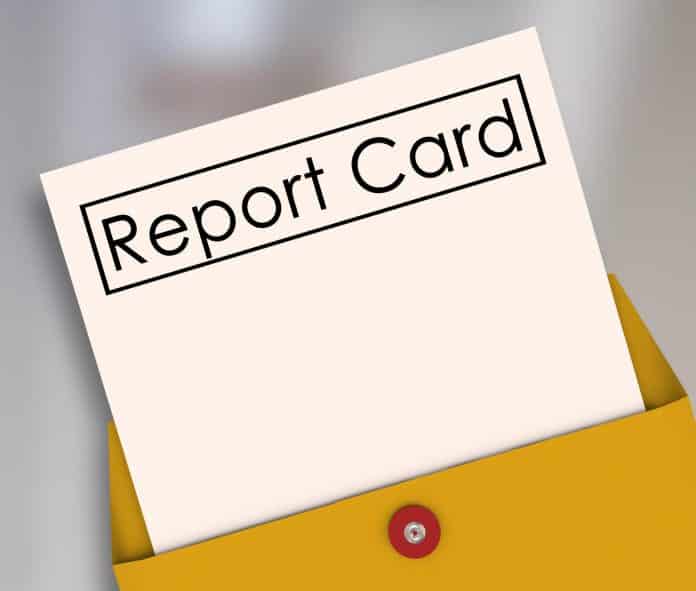The reporting systems in schools keep changing and this can make reports confusing to parents. There is a current shift in education from measuring ‘performance’ to measuring ‘learning’.
Unfortunately, these aspects are not mutually exclusive, as one can reasonably assume that learning can be evidenced by improved performance. However, this change impacts on reports and can leave parents wondering what they are saying. Reports need to be far more readable and easy to understand, otherwise it can seem that schools and educators are not interested in having a dialogue through reporting but rather shutting the door on parents under the guise of ‘professionalism’.
The context
The reason for the shift in emphasis from measuring ‘performance’ to measuring ‘learning’ is, in my opinion, in part a result of greater accountability being brought to the schooling sector. The MySchool website is highly utilised by parents but disparaged by many educators. Moreover, the schools that disparage published league tables quote these self-same tables when they improve their published ranks.

Unfortunately, this selective emphasis has created a problem for schools. Lauding student results on school billboards and school newsletters backs educators into a corner. The pressure from school leaders is for continual improvement as measured by external exams, competitions and the like. Realistically, however, schools will experience some annual variations in student performance. Accordingly, they are finding alternative means of showing how well they are doing, for there must be annual and incremental improvements.
This has led to a new form of reporting that focuses on ‘value adding’. Value adding means the emphasis is not on the performance of students, rather it is a measure of how students have improved over time, compared to their own predicted trajectory.
How this affects reports
Parents will have seen that reports are more complicated than they have ever been. No longer can parents simply rely on marks. There are grades, ranks, marks, bands and detailed comments derived from ‘outcomes’.
These might run on scales from A-E, 1-6, progressing towards, beginning-achieving-exceeding, and from acquiring skills/knowledge to competence.
Among these, there are varying levels of cognition that can be recognised: the capacity to recall, evaluate, analyse, describe in detail, synthesise, critique, assess and many more. Each of these verbs has their own descriptors.
This richness of detail means that assessment and reporting is both more ‘granular’ and also more technical. The use of jargon can mask a child’s true achievement whilst being articulated to sound professional. Herein lies a serious problem.
Confusion requires simplification
Here are some samples of report comments and their ‘translation’ into language that can be understood.
Comment: “Jack is working towards the achievement of monitoring and modifying the implementation of plans designed to solve commercial and legal problems and issues. He utilises commercial terminology in different contexts.”
Translation: Jack is disorganised and does not write as clearly or as succinctly as required. The expectation here is that Jack should be more organised and should read more widely so that he knows exactly how to use the terminology for the subject (Commerce).
Comment: “Jamila attempts a judgement about the effectiveness of legal and/or non-legal responses to a contemporary human rights issue. It would assist her if she integrated authority to support her judgement.”
Translation: Jamila has unsuccessfully tried to judge the effectiveness of the law when addressing human rights concerns. Jamila was opinionated rather than using facts, statistics or other sources to strengthen her claims. Her opinions are not required.
Comment: “Jacob makes a sound judgement, using explicit or implicit criteria, about whether the legal system changes as it seeks to achieve justice. He can learn to make his use of explicit criteria more patent. ”
Translation: Jacob is competent, but not very strong, at writing in a way that, by deduction, has answered the question. Jacob has not done this directly and so the marker has had to ‘read into’ the responses. He will underachieve if he cannot clearly write what is required.
Comment: “Joselyin explains skillfully how the portrayal of inferiority/mortality/social class/longing/love is reimagined for a new audience. This is evident in the accuracy of her written responses.”
Translation: Joselyin is smarter than me, for though this is English I do not understand it.
What parents need to do
Though it can seem daunting, parents need to allow themselves to approach teachers and ask for clarity on what report comments mean. One measure of a school and its teachers is in how open they are to helping parents understand reports. This is important because if reports are understood, parents can ask informed questions about what teachers are doing to assist their child in the learning.
If educators are authentic to their calling they will make sure that parents understand reports. They will then take the responsibility to address any educational issues those reports have disclosed.
READ ALSO: Finishing the school year strong



